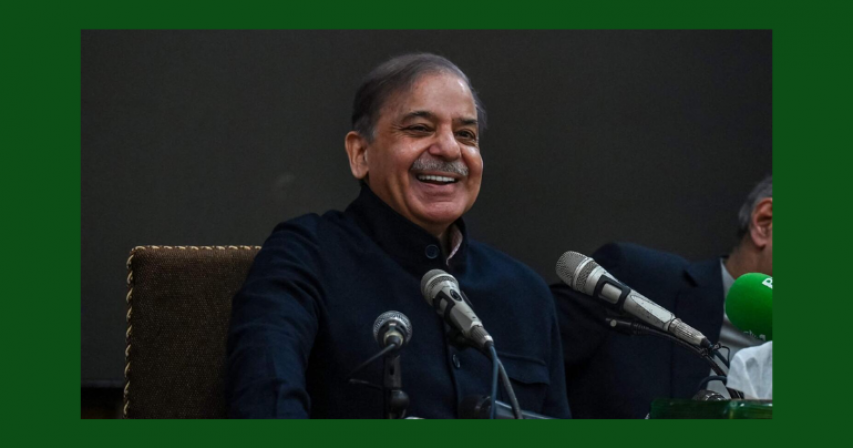Sharif Nominated: Pakistan's Coalition Challenge

The political landscape in Pakistan has recently seen significant developments following an inconclusive election, culminating in Shehbaz Sharif being nominated to lead the country once again. The decision to appoint Sharif, made by his elder brother Nawaz Sharif, the founder and leader of the Pakistan Muslim League-Nawaz (PML-N), has sparked efforts to form a stable government, with hopes pinned on securing the support of the second-largest party, the Pakistan Peoples Party (PPP).
At 72 years old, Shehbaz Sharif previously served as prime minister for a tenure of 16 months until August. His reemergence as a key figure in Pakistani politics comes amid a backdrop of uncertainty following the February 8th elections. The announcement of his candidacy has been met with cautious optimism, as stakeholders seek to navigate the complexities of coalition-building in a polarized political environment.
While the PPP, led by former foreign minister Bilawal Bhutto Zardari, has expressed support for Shehbaz Sharif's candidacy, it has stopped short of committing to join the government outright. Instead, indications suggest that the PPP may opt to support a minority government from outside the administration, a move aimed at ensuring stability while retaining some level of independence.
Efforts to solidify the coalition have spurred internal discussions within both the PML-N and PPP, with committees being formed to address the intricacies of government formation. One of the key items on the agenda is the possibility of the PPP participating in the administration and potentially securing cabinet positions. However, PPP leader Faisal Karim Kundi has emphasized that while negotiations are ongoing, his party has not yet agreed to join the cabinet.
The news of Shehbaz Sharif's nomination has been met with positive sentiment in Pakistan's stock market, signaling investor confidence in the potential for political stability after the prolonged post-election deadlock. Analysts underscore the urgent need for a cohesive government with the political capital to enact much-needed reforms, particularly in light of the country's ongoing economic crisis characterized by sluggish growth and soaring inflation.
Pakistan's economic challenges have been exacerbated by the looming expiration of a $3 billion IMF bailout in March, necessitating swift action from the incoming government to negotiate a new assistance program. The successful conclusion of these negotiations will be crucial in averting a sovereign default and stabilizing the country's finances amidst a challenging global economic landscape.
However, the path to political stability remains fraught with obstacles, including tensions with independent members of parliament aligned with former Prime Minister Imran Khan, who allege electoral fraud. Khan, currently incarcerated on corruption charges, has seen his party sidelined in the recent election, leading members to contest as independents.
As negotiations between the PML-N and PPP continue, observers warn of the challenges inherent in forming a stable coalition administration, particularly in the absence of a clear mandate and amid lingering questions about electoral legitimacy. The PPP's reluctance to fully integrate into the government reflects a cautious approach, driven by concerns over the viability of a weak coalition hampered by legitimacy issues.
In summary, Shehbaz Sharif's nomination as the coalition candidate for prime minister marks a significant development in Pakistan's political landscape, with efforts underway to forge a stable government amidst economic uncertainty and electoral contention. While optimism abounds, the road ahead remains uncertain, with the success of the coalition contingent upon navigating complex political dynamics and addressing pressing economic challenges.
By: Sahiba Suri





Comments